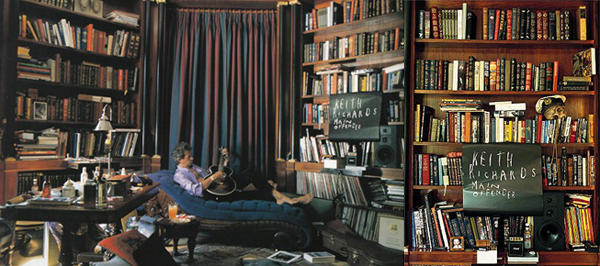–
We lost one of our greatest writers today. She was in life, and remains in death, a treasure. Just a remarkable woman.
Regarding that quote up above, it is one of the reasons why I am often paralyzed by the idea of outlines. More and more, publishers require them. A box to be checked. I used to balk at that, because — of course! — how would I know what’s going to happen until I start writing? But I’ve learned that they don’t expect writers to doggedly follow the outline. Editors want a general idea — and, yes, managing editors certainly like to check off that box. A way to keep things moving along the conveyer belt.
When writing, I always have a plan. At least for that day, that scene, that chapter. An idea of what I want to accomplish, the ground I need to cover. And I always have a more general idea of where I hope to end up.
A metaphor: I’m in a sailboat, I’m aiming for an island in the distance, but the currents are strong and the wind is kicking up. I might get blown off course. And even in the best circumstances, I’ll have to tack back and forth; I won’t get there in a straight line.
Just today, in fact, I was finally ready to begin outlining the final chapters of a book that’s two-thirds finished. So rather than blasting out a lot of words, I spent the day plotting in detail that final sequence of events. It took that long for me to reach that level of clarity, far different from anything I might have imagined, or “outlined” to my editors, three months ago.
I noticed how much of the original outline didn’t make the final draft. Some ideas (and characters) got crowded by other (hopefully) better ideas.
Writing as discovery. A way to find out. A path into the deep, dark woods. For me, it’s impossible to plan in advance what exactly I might find there.
 If you have not read The Year of Magical Thinking, that’s a terrific way to meet Joan Didion. But there are many avenues of entry. You can’t go wrong. Just pick up something/anything that she’s written . . . and start reading.
If you have not read The Year of Magical Thinking, that’s a terrific way to meet Joan Didion. But there are many avenues of entry. You can’t go wrong. Just pick up something/anything that she’s written . . . and start reading.
–
–











